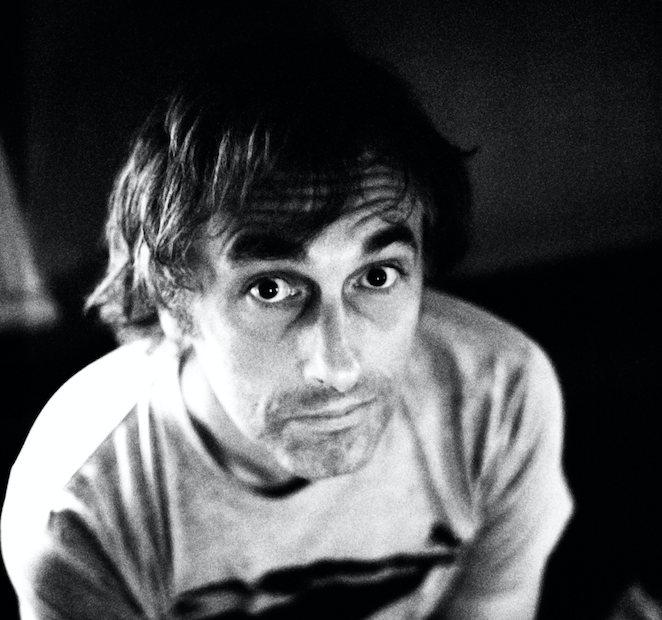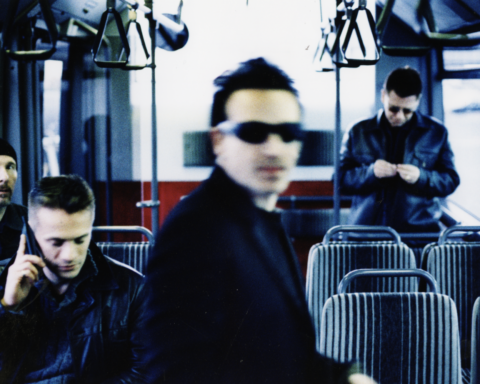Over the course of his extensive career, French musician Yann Tiersen has just about done it all. He has nearly 10 studio albums to his credit, a couple of singles and EPs, two DVDs, and an impressive roster of collaborations. You’ll probably know him best as the man behind the haunting, playful, feather-light yet substantial and beautiful soundtrack of the classic French movie Amélie, directed by Jean-Pierre Jeunet and released in 2001.
That soundtrack was a masterpiece, but surprisingly, almost none of it was composed for the film – and Tiersen is clear that he considers himself an artist whose music just works well for some movies. So think of his most recent studio album as less a departure, and more a revelation of where Tiersen has always been, at the intersection of classical and contemporary moods. Succinctly titled All, the album was released on Feb. 15, and is a conceptual continuation of his previous record EUSA, which came out in 2016. Tiersen once opened up about the experiences that inspired him to compose these two albums. The vision, it appears, stemmed from the musician’s near-death experience with a mountain lion when he was biking across California. The incident awakened a deeper sense of awareness in Tiersen, and from that place of understanding, EUSA and All were both born.
Much like its predecessor, All feels like it has a deep connection with nature. If you close your eyes and give your imagination some oxygen, you could even convince yourself that the numbers in Tiersen’s latest record were soundtracks from a documentary about nature or wildlife. But in this rawness lies the beauty of Tiersen’s unique brand of music.
The tracks are fittingly named, and at the album’s opening is “Tempelhof,” an exquisite piece played on the piano, making a smooth transition and picking up from where EUSA left off. “Koad” follows next, and here, you’re treated to a series of echoing notes on the piano, interspersed with frenzied and hurried notes on the guitar and the violin. The two kinds of sounds contrast one another starkly, and it takes a listen or two to appreciate what’s going on – a deceptively home-hewn, raggedy sincerity, underneath the sound of smooth and simple technique.
There’s only one word to describe “Erc’h,” the third track on the album. It’s gorgeous. With exquisite notes on the xylophone and field recordings taken on the windswept French Atlantic island of Ushant, it’s a piece of music that you’ll want to revisit time and time again. “Pell,” which follows next, may not be for everyone. It’s one of the most chaotic numbers on the record, and yet, there’s something in the balance it strikes between the cries of a baby and the cooing of birds that takes it beyond merely smart idea or conceptual play. “Bloavezhioú” comes with a sense of urgency, and the rising tide of the music hits your ears in a way that’s hard to escape.
The record’s final track “Beure Kentañ” does the album justice. The words literally translate to “
Photo courtesy of ANTI






